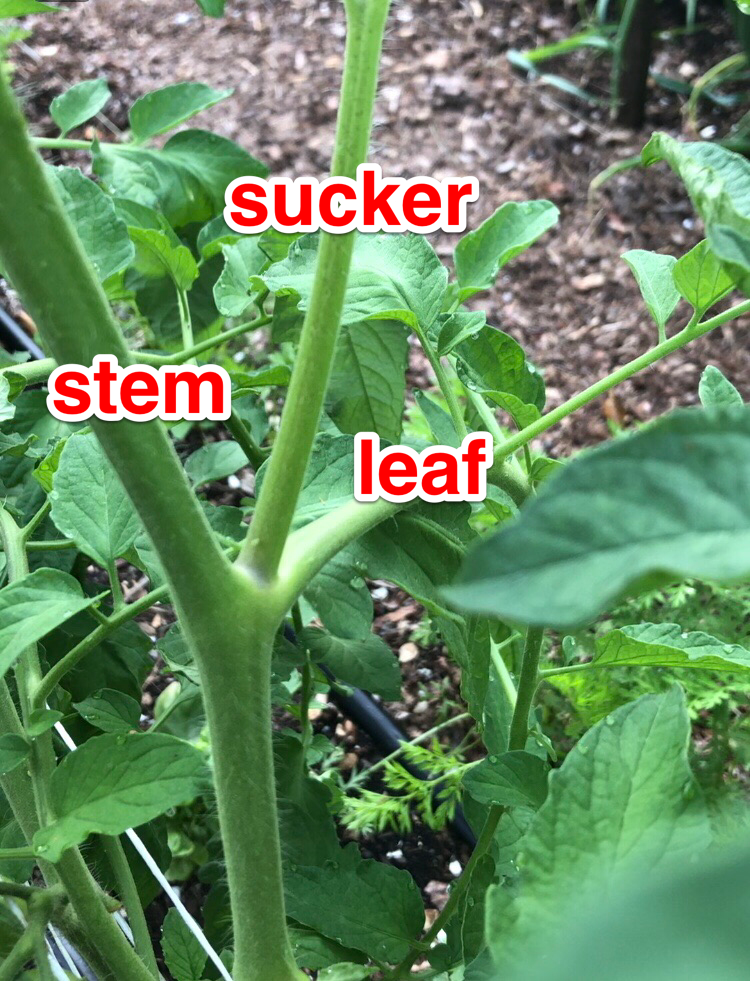
Your tomatoes are growing gangbusters in the sun and warmth – now is the time to prune them.
Continue reading

Your tomatoes are growing gangbusters in the sun and warmth – now is the time to prune them.
Continue reading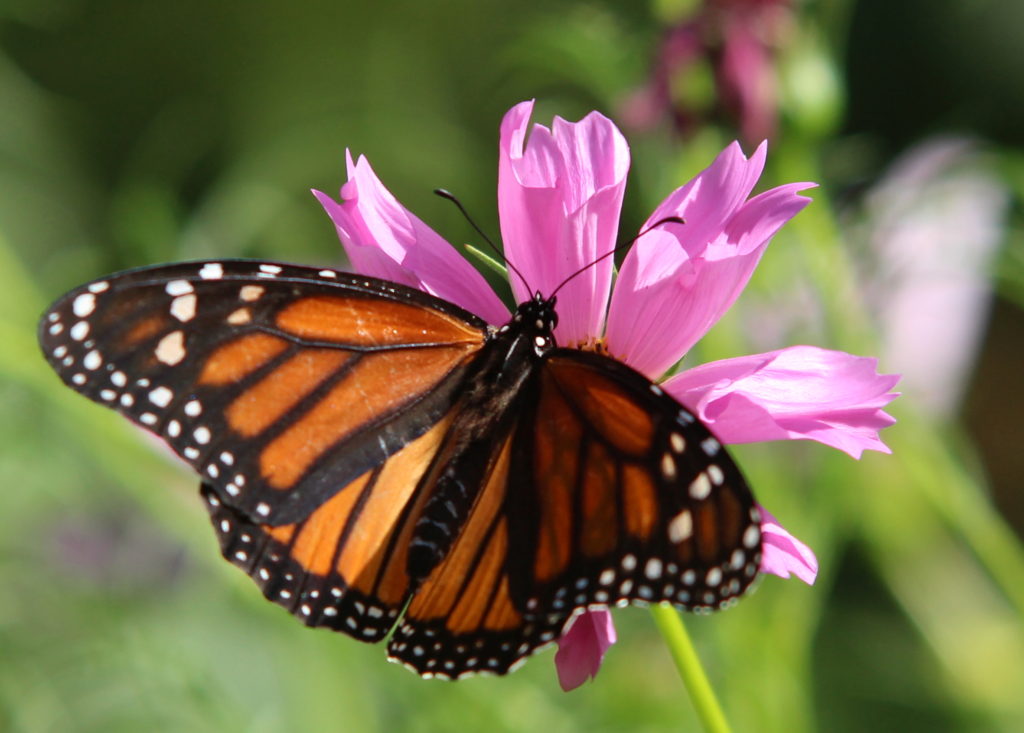
Folks, a friendly reminder that Neem is an insecticide. Yes, it is derived from natural ingredients, as many insecticides are, but it is an insecticide, an effective one, and it kills many insects, including butterflies.
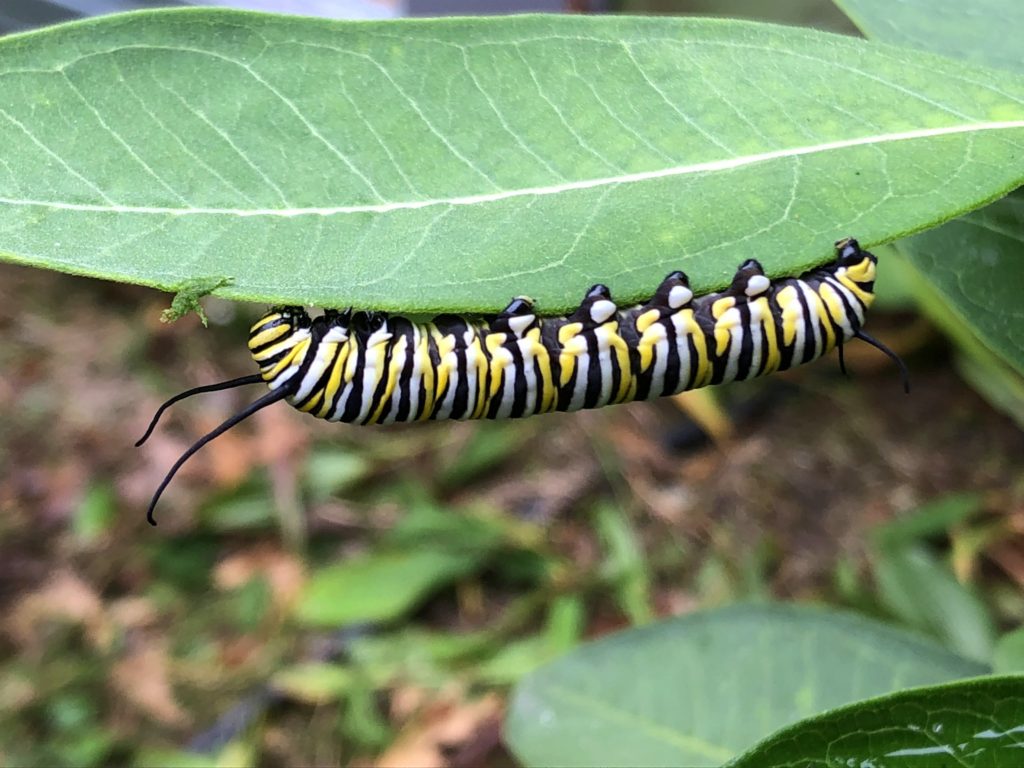
Neem is great for killing a variety of soft-bodied insects through a variety of mechanisms (they can no longer reproduce, they cannot eat, they cannot molt, etc.). The same features that make it great for things like controlling coddling moths on fruit trees will make it great at killing Monarch butterflies, Swallowtail butterflies, Luna moths, and the like.
Continue reading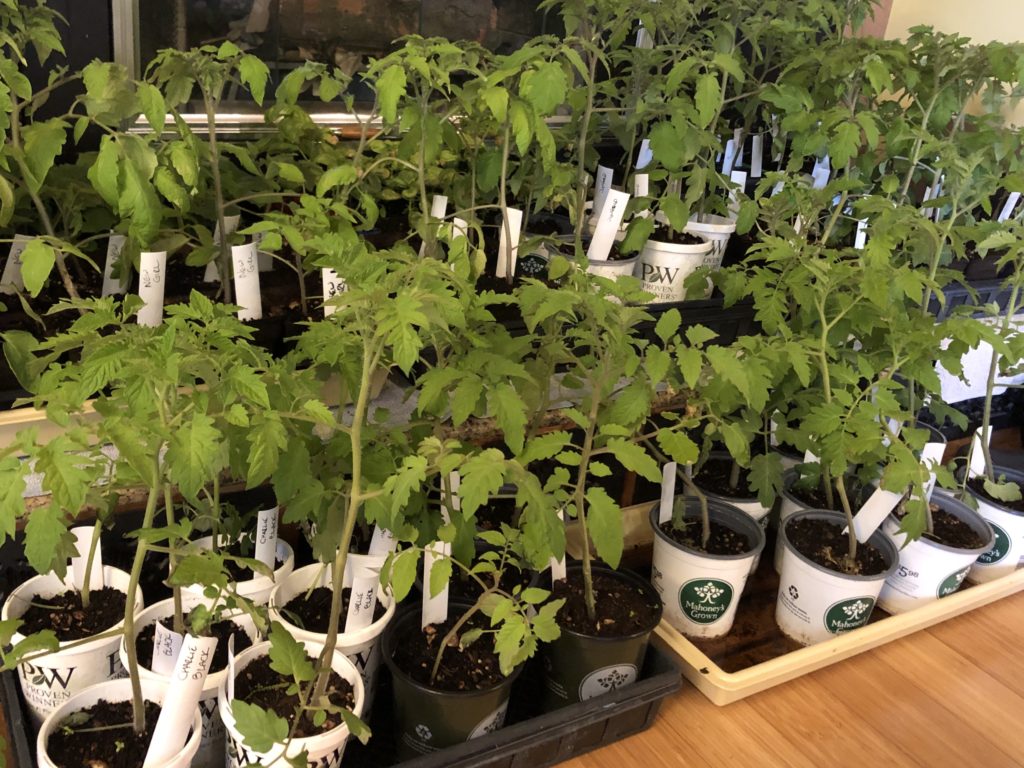
Please believe me when I say that I understand you want to plant your tomatoes already. I do too, but it is 44° outside as I type this.
Continue reading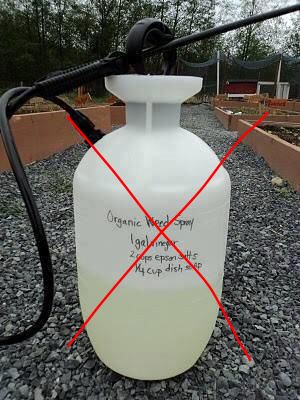

My response to that familiar “organic weed killer” meme became a popular post on Facebook, so I’ve added a bit of information, links, and posted it here as well.
Please, stop encouraging people to use the vinegar and soap mix because
1. It won’t kill most weeds, and,
2. It does kill beneficial insects (including bees).
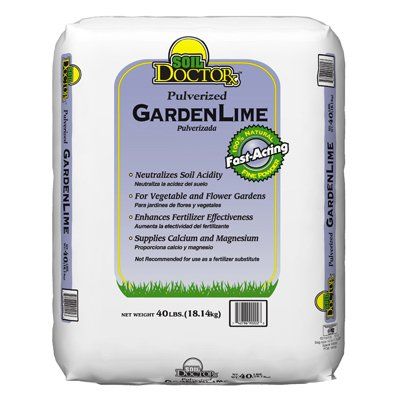
Trouble with your garden last year and you’re wondering what amendments will fix it? It is time to stop treating your garden like most Americans treat their health woes: With a pill or a fad.
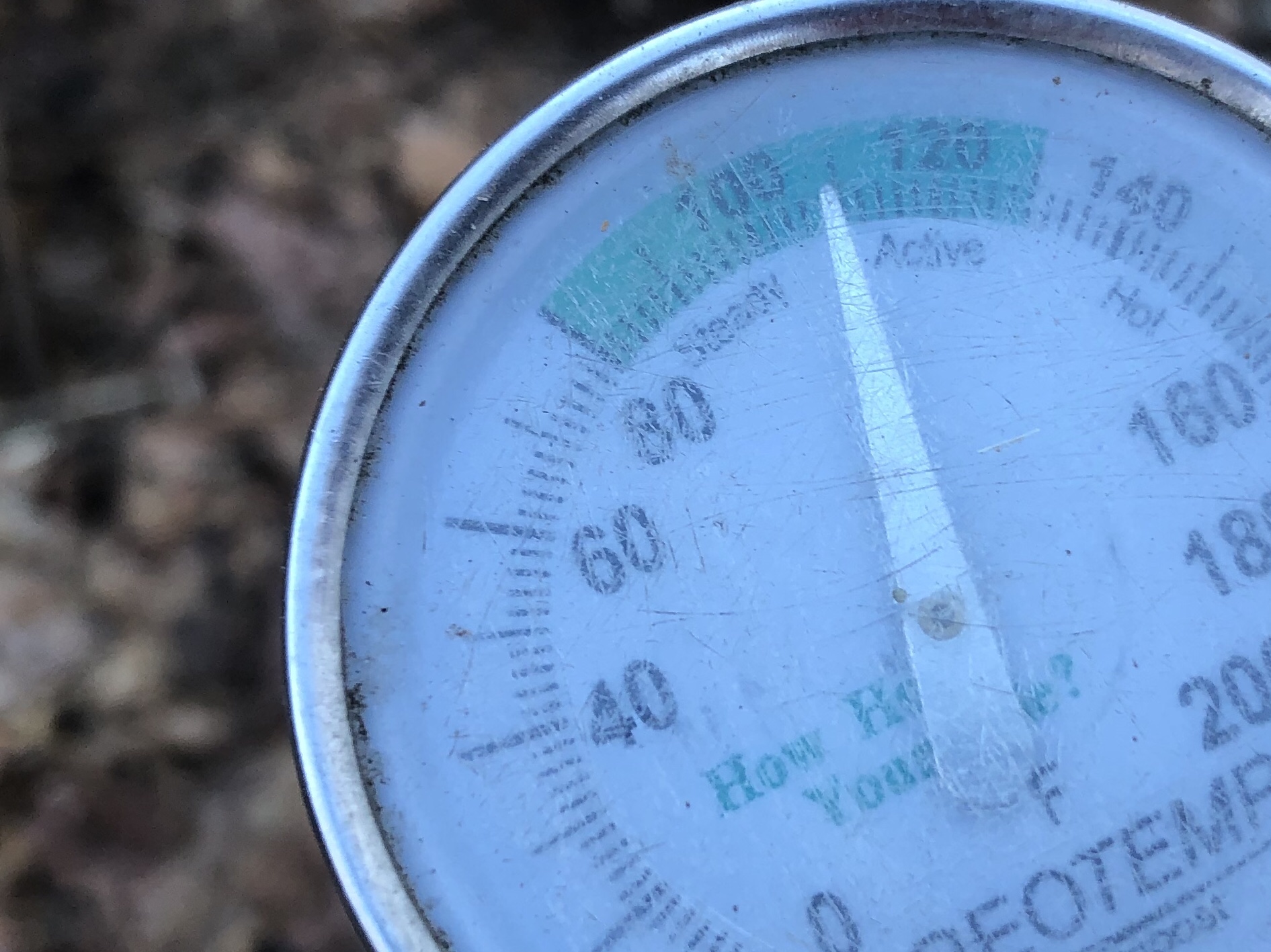
110° F pile of just leaves.
The power of volume. It is 11°F right now but this pile of leaves, approximately 1 cubic yard, is 110°. It is just leaves – no grass or nitrogen source. Continue reading
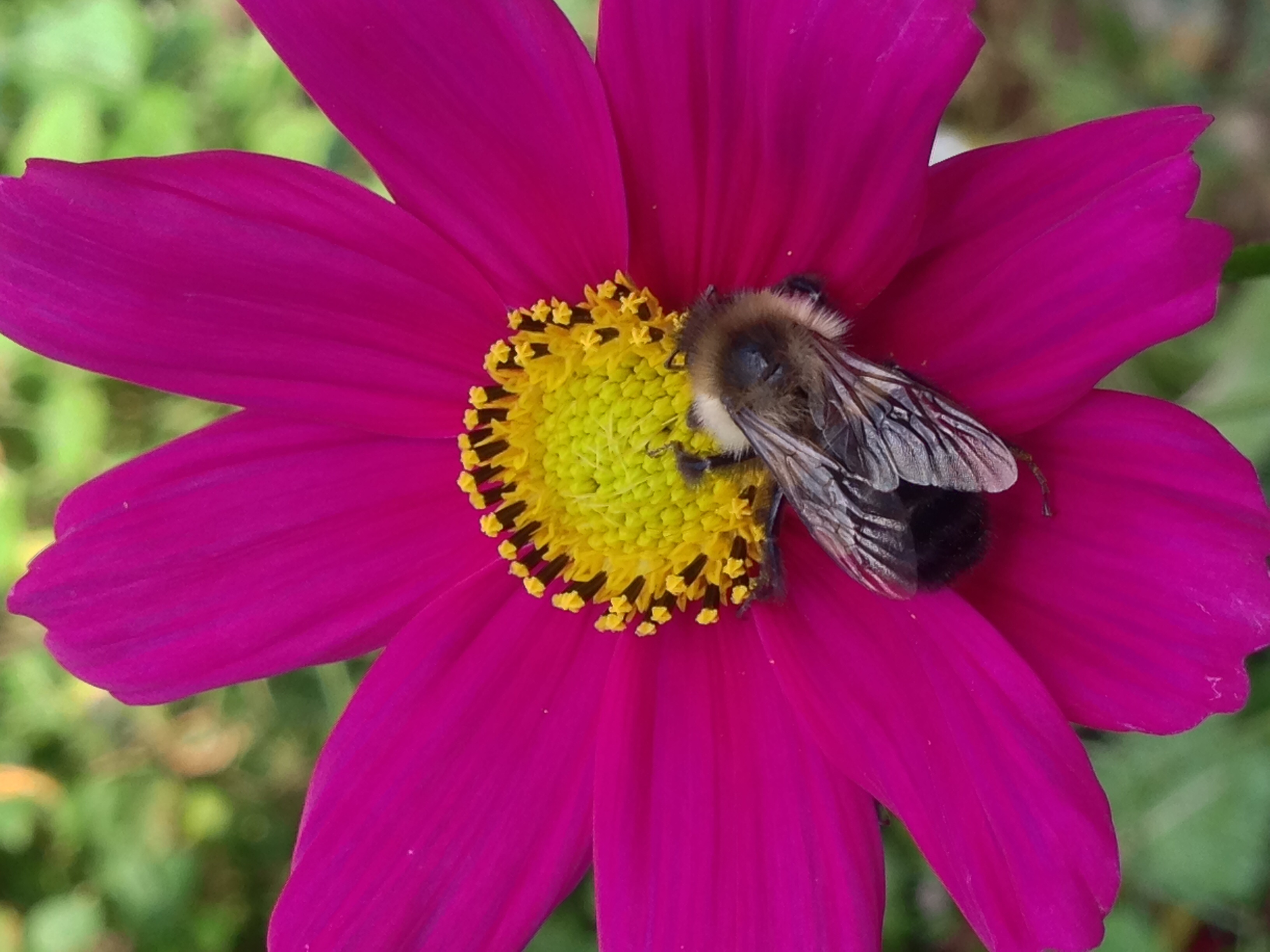 Is it necessary to shred leaves for the compost? No, absolutely not, but doing so provides a number of benefits. Continue reading
Is it necessary to shred leaves for the compost? No, absolutely not, but doing so provides a number of benefits. Continue reading

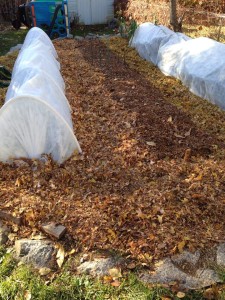
Shredded leaves keep soil in place, add nutrients to the soil and make a great, soft path material to keep weeds down. You can even alternate leaf-variety for patterns.
Cover crops are popular. People claim cover crops will add nitrogen to your soil (sometimes, sort of, but not much), they’ll protect the soil (kind of, sometimes) and prevent weeds (or they’ll act as weeds).
Let’s take a deeper look at this now that the end of the season is upon us.
When it comes to composting the remnants of your vegetable garden – the long tomato vines, the lengths of bean vines and similar items, the easiest solution is to just toss them whole in the compost pile.
That mess ‘o vines, however, will be difficult to turn and slow to decompose. With a few minutes more, there are better ways.
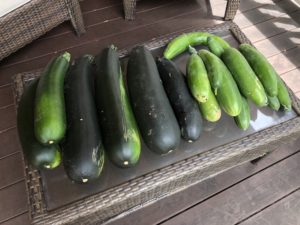 Just a friendly reminder that August 8 (Wednesday) is Sneak Some Zucchini on Your Neighbor’s Porch Day. (I believe cucumbers are acceptable as well.)
Just a friendly reminder that August 8 (Wednesday) is Sneak Some Zucchini on Your Neighbor’s Porch Day. (I believe cucumbers are acceptable as well.)
The holiday was borne out of the plant’s prolific and ginormous growth habit, and the perceived limited uses. Truth is that it can be prepared many delicious ways or frozen for later uses, such as in breads and cookies. Even so, it is of course possible to have much more than you want.
2018 is actually the first year we’re growing zucchini at Allium Fields, though we’ve grown it in client’s gardens. Nothing against the squash, but we have so many plants we’re more interested in growing/eating and inevitably someone(s) would give us some, so we never planted it. This year we have and we’ve already gotten some good dishes from it.
Leftovers get shredded in the food processor and placed in freezer bags, in 2 cup measures, so we can make our favorite zucchini chocolate chip cookies and bread. Continue reading